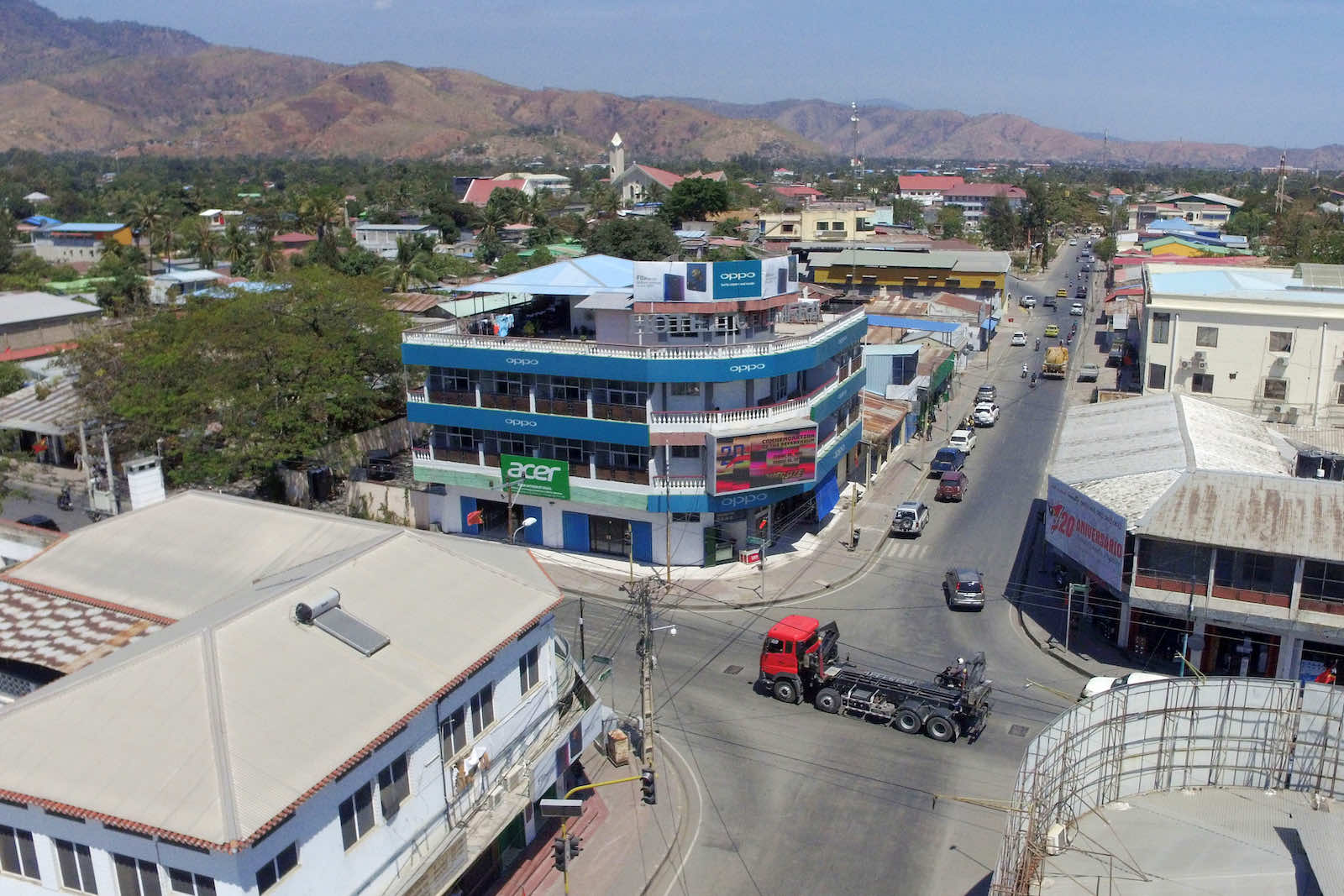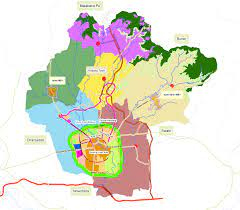News on Land
Get the latest news on land and property rights, brought to you by trusted sources from across the globe.
The Angry Communities
ONE year ago, on July 27, 2020, three tribes who live around the border between Indonesia’s Kampung Naga area in Boven Digoel, Papua, and Kampung Kuem in Papua New Guinea, sent a claim letter to Tunas Timber Lestari. Representatives of the Kuranop, Ekogi, and Gembenop tribes protested against operations carried out by the subsidiary of the Korindo Group, as it infringed their customary land.
Calling for a rights-based response to environmental degradation in Madagascar
Madagascar is one of the countries that contributes the least to climate crisis yet is the fourth most affected by it according to the 2020 Global Climate Risk Index. The country is also a biodiversity hotspot.
South Africa - KwaZulu-Natal: Forensic audit call for the Ingonyama Trust Board
embers of parliament have called for a full forensic audit of the Ingonyama Trust Board (ITB) and for the entity to be placed under administration by the land reform ministry over its history of “delinquency” in failing to meet public finance management standards.
DAR hopes budget restored for land titling project
MANILA – The Department of Agrarian Reform (DAR) is hoping its proposed budget for 2022 for its land titling project will be restored during the bicameral committee deliberation of the Senate and the House of Representatives.
In an interview with the Philippine News Agency on Wednesday, DAR Secretary Bernie Cruz appealed to the House members to heed the call of the senators pushing for the restoration of the Support to Parcelization of Lands for Individual Titling (SPLIT) Project to its original amount.
Deforestation by Design in Papua
President Joko Widodo claimed that deforestation in Indonesia is at its lowest point in the past 20 years. Indonesia’s Nationally Determined Contribution emissions reduction report to the United Nations said that there were only 39,285 hectares of deforested areas in 2013 to 2020. A Tempo investigation in Papua found otherwise: The area of deforestation from 2019 to 2020 alone covered 19,807 hectares. Timber companies have violated some regulations about forest conservation management and have illegally produced wood.
Planning for progress in Timor-Leste
After two decades of independence, development in Timor-Leste is exemplified by growing economic activity in Dili, the country’s capital city. Businesses are emerging on various corners, new infrastructure and public buildings are being constructed, and much improved information and communication technology has opened doors for the service sector and private enterprises to grow.
Four Shot Over Gold Mining in the DR Congo As COP26 Opened
“Gold mining is one (of the) most destructive industries in the world. It can displace communities, contaminate drinking water, hurt workers, and destroy pristine environments. It pollutes water and land with mercury and cyanide, endangering the health of people and ecosystems.”
‘A death sentence’: Indigenous climate activists denounce Cop26 deal
Indigenous communities facing an upsurge in land grabs, water shortages and human rights violations as a result of the Cop26 deal have accused world leaders of sacrificing them in order to postpone meaningful climate action and shield corporate profits.
What COP26’s Shift Away From Coal Means for Mongolia
Over the last two weeks, world leaders gathered in Glasgow, Scotland – home of the first industrial revolution – to find a tangible solution to growing climate change issues. The 26th United Nations Global Climate Change Conference (COP26) urged both developed and developing countries to shift from coal-based energy to clean energy by rewiring investments from fossil fuel to environmentally friendly solutions. As a result of this significant pledge, Mongolia and other coal-dependent countries’ long-term economic strategies will be deeply affected.
Prospects of resolving land issues in KP’s merged districts
Land disputes are one of the contested issues inherited the tribal districts, but after the merger, it has been constantly erupting into violence due to the government’s inactiveness. These disputes could be broadly categorized as 1) between individuals, 2) between tribes, 3) and government and the locals. Meanwhile, the lack of government interest in establishing a land record is not only the reason behind the violence, but an impediment to the progress of the tribal society.
Zimbabwe: New Land offer permits unveiled
Government has introduced the new securitised A2 Model Settlement Permit with advanced security features to curb fake offer letters.
This follows the emergence of land ownership disputes countrywide with people in some cases vying for occupation of farms using different offer letters.
Lands, Agriculture, Fisheries, Water and Rural Development Minister Dr Anxious Masuka yesterday said holders of valid old offer letters would be advised on where and when to collect their new securitised settlement permits.
Namibia: Communal Land in Kavango Most Vulnerable to 'Landgrabbing'
In 2014, the Kavango region was divided into two regions – East and West. At the time, the Namibian government, during president Hifikepunye Pohamba's tenure, justified the move saying the region was too large and dividing it would enhance service delivery. This remains to be seen: Kavango West remains the most rural and one of the poorest regions in Namibia.












